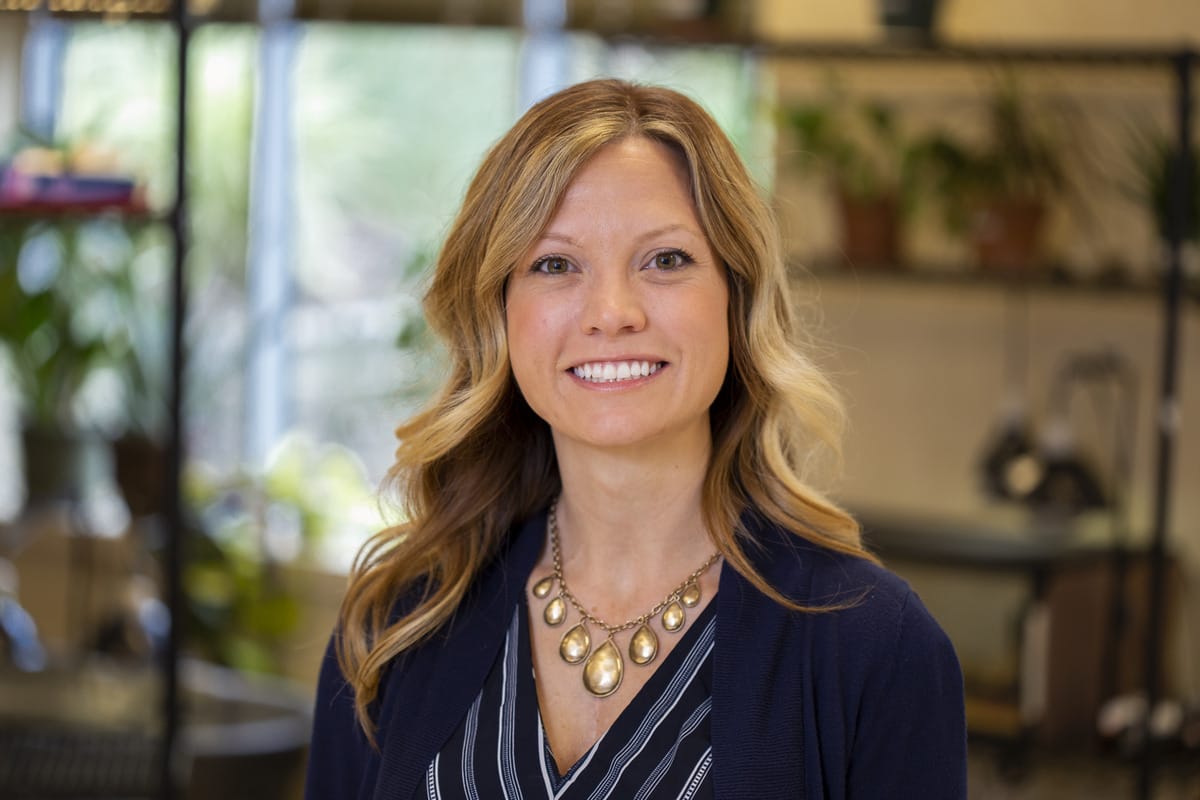This past Wednesday, Amanda Gorman became the youngest person to deliver a poem at a U.S. presidential inauguration. The 22–year-old poet recited “The Hill We Climb“, in which she acknowledged the mistakes of the past while urging listeners to set their gaze on a brighter future. Much of the country remains politically polarized, and it may be some time before emotions start to cool; however, I think we can agree that her words spoke to the hearts of all Americans. They encouraged us to feel hopeful, inspired, united. A sense of optimism resonates.
In so many ways, this optimism is just what we all need. So how do we keep the optimistic momentum going? As educators, how can we teach our students to practice optimism with intention? Here are just 3 ways that we can pave a path to help our students get there:
Teach Them the Power of Positive Self-Talk
Positive self-talk can be one of the hardest things to do. But practicing it with our students can have an impact. I will always remember Kailee, a student of mine who struggled with self-confidence. While life at home for her was quite challenging, she was one of the most determined students I had ever had. Still, I was stuck on how to help her view herself through the lens in which I saw her — caring, hard working, persistent, thoughtful, and valued.
I came up with what I thought was a suitable short-term solution. Each day I would have her write down three things about herself that she was proud of. This was incredibly difficult for her at the start. But over the course of several weeks, she started reciting them to me each day. I remember going into my classroom on a snow day and was on the look-out for lost library books. Knowing that Kailee was our resident book collector, I went into her locker expecting to find a few. Not only did I find several books, but I also discovered that she had taped all of her hand-written notes to the back of her locker.
She asked me at the end of the year for a journal to put her collection of notes into for safe keeping. These notes really meant something to her. The process taught her how to view herself and her place in the world a bit more optimistically. If you’re looking for other ideas to build positive self-talk, check out this resource.
Teach Them How to Adopt a Growth Mindset
Being in education, you’ve probably heard of the work of Dweck. You’ve probably even sat through a few professional developments gaining a better understanding of a fixed vs. growth mindset. This topic may seem tired and overly played to some, but it is an incredibly powerful way to teach students the importance of having an optimistic view of themselves and their potential. Ultimately, if we can teach our students to recognize that the skills they need to succeed in life are developed through practice, we set the tone that anything is attainable through hard work and determination.
Talk to students about those very people in our history who have demonstrated this in life. Those individuals who have experienced failure, yet still went on to find great success because they believed in themselves and the potential they had to do great things.
Teach Them to Have an Attitude of Gratitude
Gratitude does many positive things, but one of those that is most important is that it grants perspective. Many kids are granted privileges, opportunities, and material possessions through no effort of their own. In a world where we can get things in an instant, it can be difficult for our students to understand the hard work and care that goes into creating and obtaining these items or experiences. By teaching students about the interdependent relationship between us and those “things”, they can begin to understand how everything we attain or experience has been due in part to the hard work of someone outside of themselves. Also, teaching them that history has played a huge role in that attainment. Everything from technology advancements to civil rights movements have shaped who we are today. The privileges that we so often take for granted did not appear from nothing.
Going Forward
The benefits of teaching optimism extends far beyond our classroom walls. It seeps into those cracks and crevices from the damage and binds us back together. Through challenging times, we will persevere and come out stronger.
We hope you are all staying healthy and safe during this difficult time. For more free educational resources simply follow this link. If you enjoyed this blog post, don’t forget to subscribe!
*Image courtesy of wikimedia commons.

